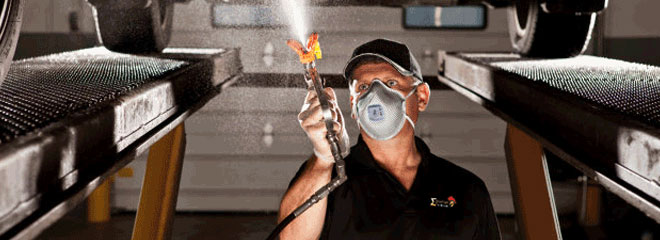Rust-proof coating and rust stoppers have been a part of the automobile industry for quite a while. But how good is it? Does this really help? Or is it an advertising gimmick?
For the latest cars (mostly manufactured after 2006), galvanized steel is used for bodywork. Galvanized steel is nothing but steel, which has a layer of zinc-coated over it. The zinc prevents the layer from corruption, but it might wear out soon.
Once the zinc wears out, the steel is prone to rust. Even a small portion of rust on the car is dangerous. It will spread rapidly and cause a lot of problems. Owners must be careful about rusting. Rustproofing procedure was used in old cars, but that does not mean that modern cars do not need it.
New cars might not need rustproofing, but older ones might do. Trucks that are constantly in use might also need to be rust-proof. Some cars have an aluminum chassis. Aluminum is rust-proof by nature, and it’s unnecessary to apply rustproofing to such a car. On the other hand, rustproofing must be done in old cars, especially if your car is more than five years old. Some cars have a warranty against rusting for more than this period. Rusting might also be caused by a stone or a chip that has hit the undercarriage. This might not be visible to the driver, but after some time, the rust will begin to develop. This is noticed when the car is serviced or checked for rusting. A rustproof coating or

